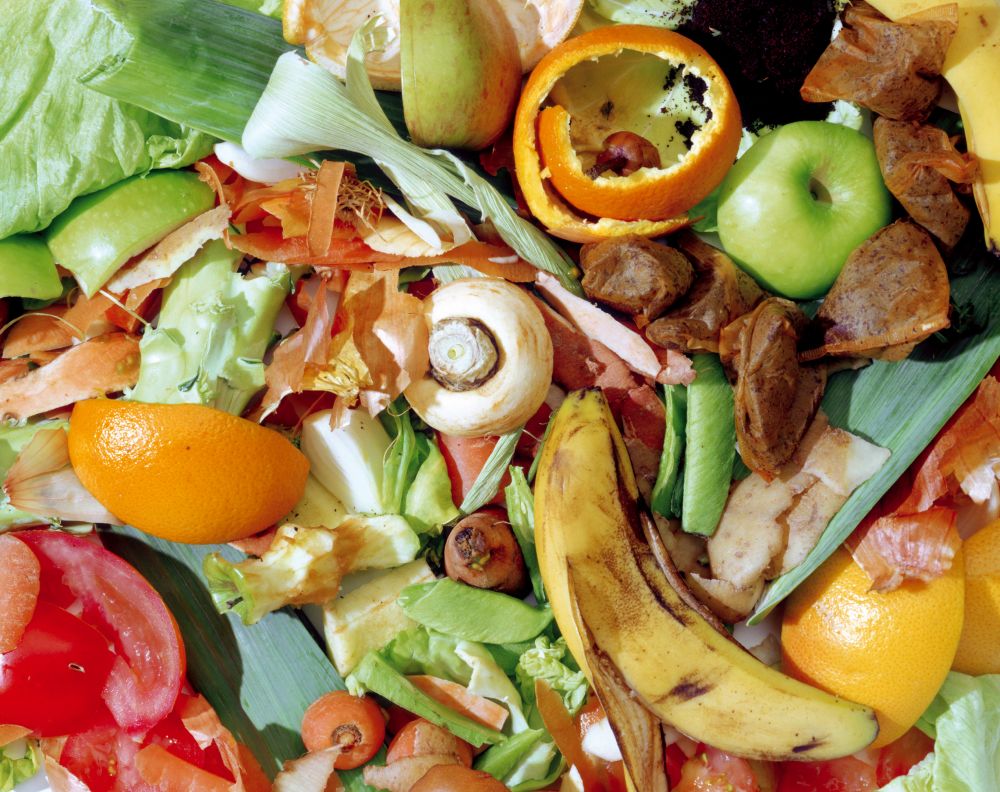Food Cowboy to raise $75m to cut waste
US based company Food Cowboy has started two programmes that aim at funding start-ups and technologies that reduce food waste

US based company Food Cowboy has started two programmes that aim at funding start-ups and technologies that reduce food waste.
Food Cowboy currently encourages food companies to give surplus and unsaleable produce to charities and organic waste composters thanks to mobile technology.
According to Food Cowboy, the two organisations No Waste Promise Alliance and the Food Waste Innovation Fund will provide up to $75 million per year in both private and public sector solutions to food waste.
Food Cowboy co-founder Barbara Cohen: “The scale of the food waste problem in America is enormous.”
Food waste is a real problem and it costs billions of dollars every year to businesses as well as it generates 8 per cent of global greenhouse gas emissions.
The funding initiatives would take advantage of the bonus tax deductions – up to $6 billion – that were granted recently by the congress as an incentive to donate food.
Businesses need to dispose huge amounts of food every day, but the problem resides in the fact that food banks do not have the capacity to accept all of it.
Food Cowboy will charge companies a commission on the tax benefits they have, and two third of this commission – around $50 million per year – will be used by the Food Cowboy Foundation to help banks adding capacity and cover the costs of recovering food, as well as it to develop new service models such as L.A Kitchen and Daily Table.
The rest of the commission – about $25 million a year – will fund new waste-reducing businesses and technologies
New waste-reducing technologies will benefit from the rest of the commission – about $25 million a year, with companies that deliver “ugly” fruits and vegetables directly to consumers and small scale anaerobic digesters that turn food waste into cooking gas for example.
This initiative fits the target that the US government has set in 2015 to cut food waste by 50 per cent by 2030, and a Food Recovery Summit was held in November 2015 in Charleston, US, following which a Call to Action was issued.
